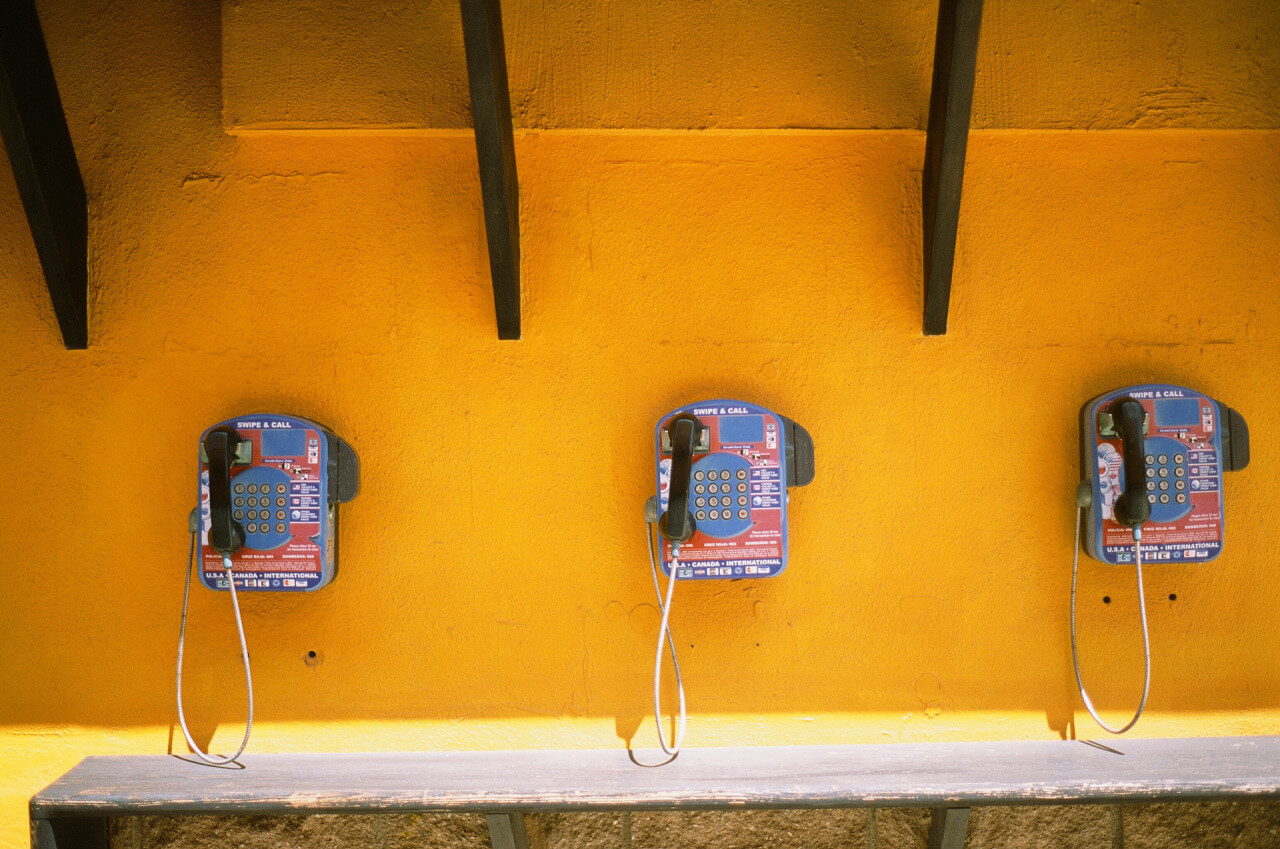"Whose" in Spanish

In English we use "whose" to talk about something own by someone we're talking about. For example, in "the woman whose house you love", we're talking about the house of the woman.
In Spanish, we use these to translate "whose":
cuyo - masculine singular
cuya - feminine singular
cuyos - masculine plural
cuyas - feminine plural
What do we agree it with? With the thing owned.
In the previous example, it would be "La mujer cuya casa te encanta". We use cuy a because casa (house) is feminine and singular.
Let's see some more examples:
La niña cuyo padre trabaja en una fábrica.
The girl whose father works in a factory.La gallina cuyo huevo era de oro.
The chicken whose egg was golden.Aquel director cuya películas eran tan malas.
That director whose movies were so bad.Mi abuela cuyos pies eran tan grandes.
My grandmother whose feet were so big.
Practice
Fill the gaps with the right version of "cuyo".
- ¿Recuerdas esa chica _____ pelo era tan brillante?
- Esa mesa ____ pata es más corta, es la más antigua en esta casa.
- Quiero volver a ese restaurante _____ menú era tan variado.
- Me gusta leer un libro _____ personajes sean complejos.
- Voy a reservar esa habitación ____ vistas son tan bonitas.
Solutions:
cuyo/cuya/cuyo/cuyos/cuyas
As always, any doubt is welcomed on my social media (below on the black section) :)
¡Hasta pronto!